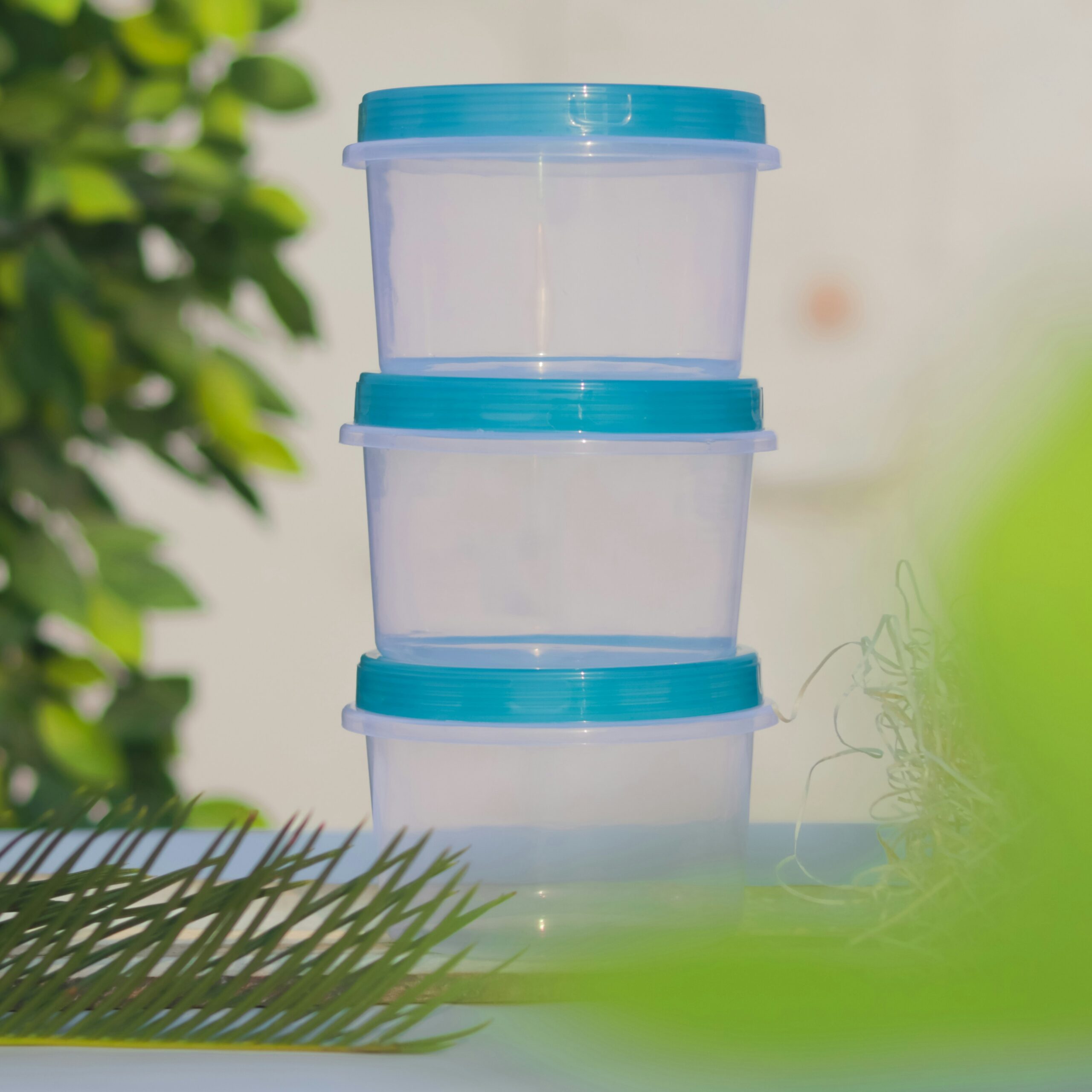Scientists warn that urgent action is needed to curb harmful plastic additives as evidence mounts linking them to declining sperm counts worldwide. Research shows that sperm counts have dropped by nearly 60% since the 1970s, with the rate of decline accelerating to more than 2% per year since 2000. Dr Shanna Swan of the Icahn School of Medicine highlights endocrine-disrupting chemicals such as phthalates and bisphenols, which interfere with hormones and can cause long-term reproductive damage, especially when exposure occurs during pregnancy.
Political Inaction Amid Rising Risks
The fertility crisis parallels the global surge in plastic use since the 1950s, yet political negotiations remain stalled. Talks in Geneva for a treaty on plastic pollution collapsed after oil- and gas-producing nations blocked proposals to regulate chemical additives. Nearly 100 countries had called for binding measures to phase out harmful plastics, but these demands were left out of draft agreements. Experts stress that while individuals can reduce exposure by avoiding soft plastics and choosing safer containers, systemic regulation and safer alternatives are urgently required to protect reproductive health and future generations.



